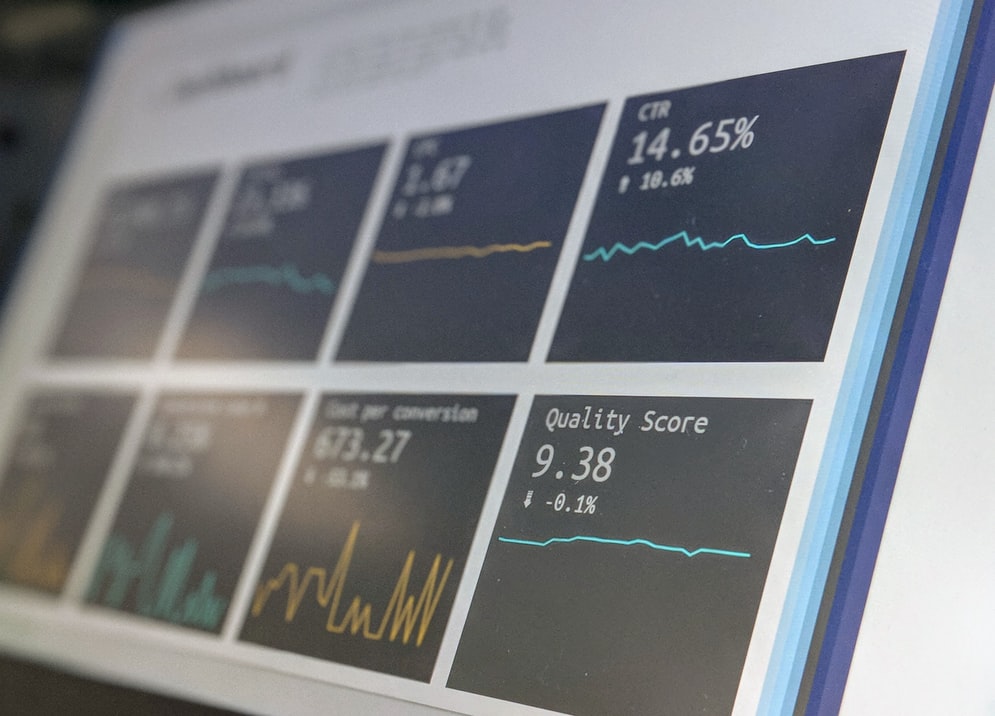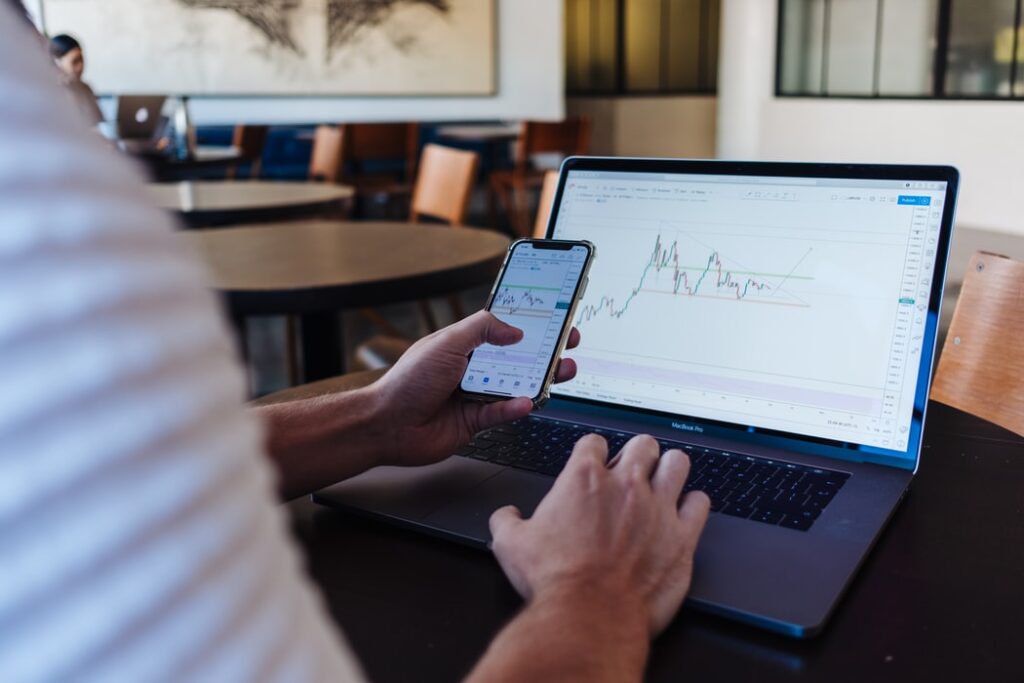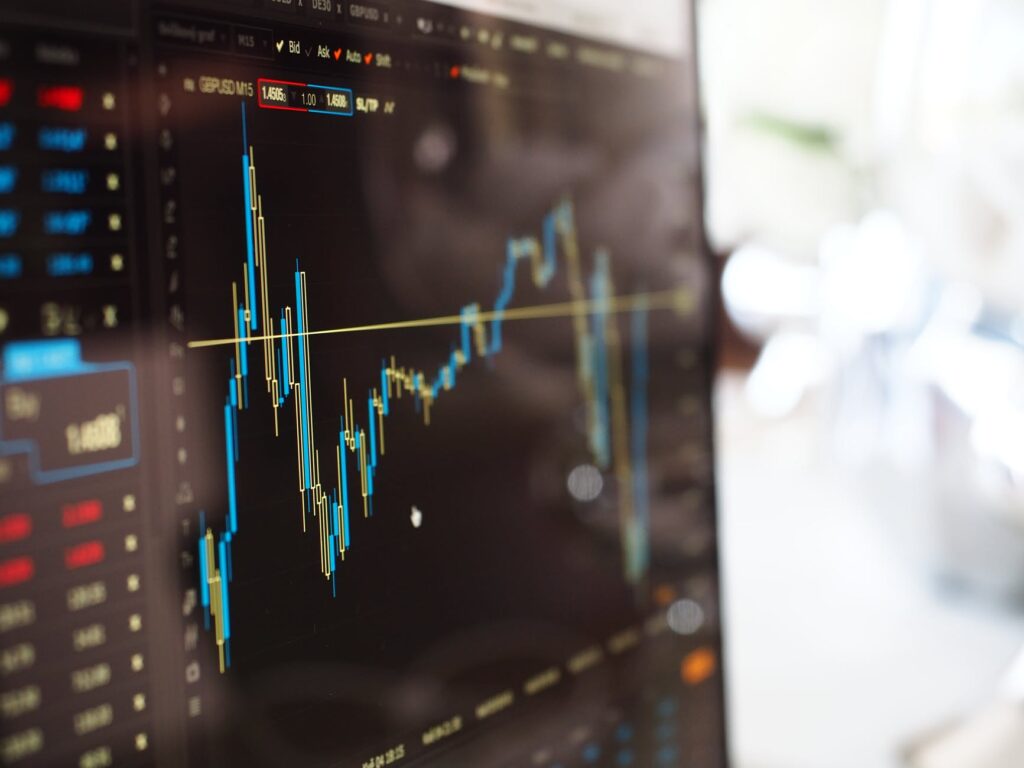I’m often asked ‘when is the optimal time for me to commit to a stockbroker?’ by brand new investors. Usually these investors have spent plenty of time performing research, and are positively itching to actually ‘do’ something. They want to start moving money and beginning the process of investing.
But when is the right moment to compare stockbrokers and pick an account?
Is it at the outset of your investing journey, as a sort of milestone to lay down a message that you are serious about investing, to give yourself a motivation boost?
Or is it perhaps at the very last stage possible, when you have your entire portfolio clearly mapped out, and all your planned trades detailed. Just in time to physically begin investing?
I’ll explore this judgement in this article, as well as introduce you more broadly to the purpose of a stockbroker, and how the right account can help or hinder your investment success.
Introduction to stockbroking

Stockbrokers have performed a vital part of the process of buying and selling stocks since the 1800s.
Their job is to sit in between you and the representatives of other investors. They are digital connected to the stock exchange itself, and have the ability to place buy or sell orders on that exchange.
Brokers charge a fixed fee in return for carrying out your instructions. From order to execution, to settlement, it typically takes a total of 3 days for a buy or sell trade to be fully executed. However, the price point is fixed within a few seconds. It’s a lightning fast process – the 3 day time lag is due to the ‘settlement period’ which includes the necessary wiring of cash between parties.
In a world where banking services are getting cheaper and cheaper, broker costs are coming down too – but not at the same rate. Some investors could shell out hundreds of dollars each year to cover frequent trades.
A stockbroker could be a large institution with a $ billion annual turnover, it could be a new start-up with a generous financial backer, or it could be a more traditional small business. Brokers take many shapes and forms, and often refer to themselves by a wide variety of names such as; broker, platform, supermarket and trading account.
The latter is certainly dying out, as they could not compete with the discounted fees offered by automated investment platforms.
Why is comparing stockbrokers at the right stage important?

So what’s so important about timing? Does it matter precisely when we compare stockbrokers?
Investing blog Financial Expert states that yes, it does. It’s linked to how we compare stockbrokers online.
When we’re choosing a stockbroker, we’ll run searches and begin to collate a shortlist of respectable businesses to choose from.
We’ll then look at the features of an account, the pricing structure for trading and other various fees. We might finally perform some high-level research on the financial stability of each business.
That feels like a fairly objective process, and it is, provided the information is from a good source.
The issue is that this information is meaningless until you understand exactly what type of investor you want to become. Consider how the needs of the following investment styles would differ:
High frequency active trader

You could become a high frequency trader, also known as a ‘day trader’. Day traders take very short term positions – perhaps no longer than a single day.
Trades are based upon instinct, scientific analysis of pricing data, new information or predictions of events. Their aim is to take advantage of price movements which occur ‘intra-day’ or perhaps over the period of a few weeks, rather than the underlying expected return of stocks.
These traders could place 1,000s of trades per year, and therefore their largest cost by far will be their trading fees. When trading so frequently, a $1 saved per trade would lead to $1,000 saved per year.
Naturally a day trader would be looking for the stockbroker which provided rock-bottom prices for high frequency traders, and would be interested in live pricing data as well.
Buy and hold fund investor

You could become a fund investor with a ‘buy and hold’ strategy. This might involve monthly deposits into one or two simple funds:
- 50% into an equities funds
- 50% into a corporate bond fund
This type of investor would gravitate towards the stockbrokers that offer low cost (or even free) fund investments. The price of ordinary stock trading would not factor into the stockbroker comparison decision.
With virtually no trading, the cost base of the investor will be quite low, and the annual or quarterly account fee would probably be the largest cost point. Therefore a buy and hold fund investor would be looking for free fund investments, and a low annual account charge.
Comparing stockbrokers with patience

I hope that I’ve communicated the need for you to exercise patience when choosing a stockbroker. Your stockbroker might be a lifetime financial partner, so this isn’t something to rush into. It can be prohibitively costly to switch a broker if you plan to hold a large portfolio of shares, therefore your decision will not be easy to reverse.
But most importantly of all, the question of which stockbroker is right for you is a very personal question. No amount of objective analysis or rankings can point you in the right direction.
The essential prerequisite is for you to understand the investing style you wish to have, and to perform enough research to be confident of this view and be prepared to stick with it for a few years. It can be prohibitively expensive to change course after you’ve established a large portfolio, due to the trading fees incurred while selling existing positions.
This should give you the lense through which to assess which account features and fees are most important to you, and therefore will allow you to decide which broker will deliver you the highest stock market returns.

